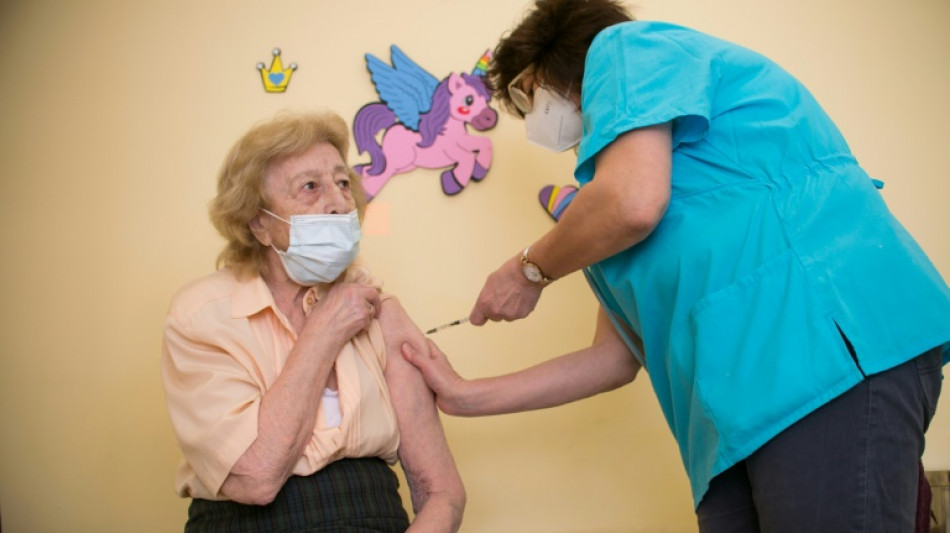

Life expectancies diverged in pandemic's second year: study
There was a dramatic divergence in the average life expectancy of people in different global regions during the second year of the pandemic, a study found Monday, as higher vaccination rates helped some nations recover far more quickly than others.
Because governments have counted Covid statistics in different ways, researchers have sought to give a clearer picture of the pandemic's true impact by measuring a country's total number of annual deaths from all causes and comparing it to the number from before the pandemic.
Last year, researchers at Oxford University's Leverhulme Centre for Demographic Science said that in 2020 the pandemic caused the biggest decrease in life expectancy since World War II.
But in 2021, a "sudden divergence appears," said Ridhi Kashyap, a professor of demography at Oxford and co-author of the latest study, published in the journal Nature Human Behaviour.
"Some countries start showing signs of a recovery," while others have "worsening, compounding losses," he told AFP.
The researchers analysed mortality data across 29 European countries, the United States and Chile since 2015.
Many countries in Western Europe saw their life expectancy bounce back to near pre-pandemic levels. France, Belgium, Switzerland and Sweden even managed to fully return to 2019's number.
However in Eastern Europe, life expectancy dropped to a level not seen since the collapse of the Soviet Union, the study said.
In Bulgaria, life expectancy fell by 25 months in 2021 after dropping 18 months the year before, meaning it plunged more than three and a half years since the start of the pandemic.
Bulgaria has the lowest vaccination rate in the European Union.
- 'Protect both old and young' -
Countries that had a higher percentage of their population fully vaccinated by October 2021 had a smaller drop in life expectancy, the study found.
"This suggests that clearly there is a link," Kashyap said.
The age of people dying from Covid also shifted younger, with the life expectancy of over-80s returning to normal in many places.
This was "partly a sign of vaccines really protecting the old," Kashyap said.
In the US, deaths of people aged over 80 bounced back to pre-pandemic levels, but fatalities soared for the middle-aged and younger, resulting in the country's life expectancy falling by nearly three months.
Jonas Schoeley, a study co-author from Germany's Max Planck Institute for Demographic Research, said countries such as "Sweden, Switzerland, Belgium and France, managed a recovery to pre-pandemic levels of life expectancy because they managed to protect both the old and the young."
A.Goretti--IM




